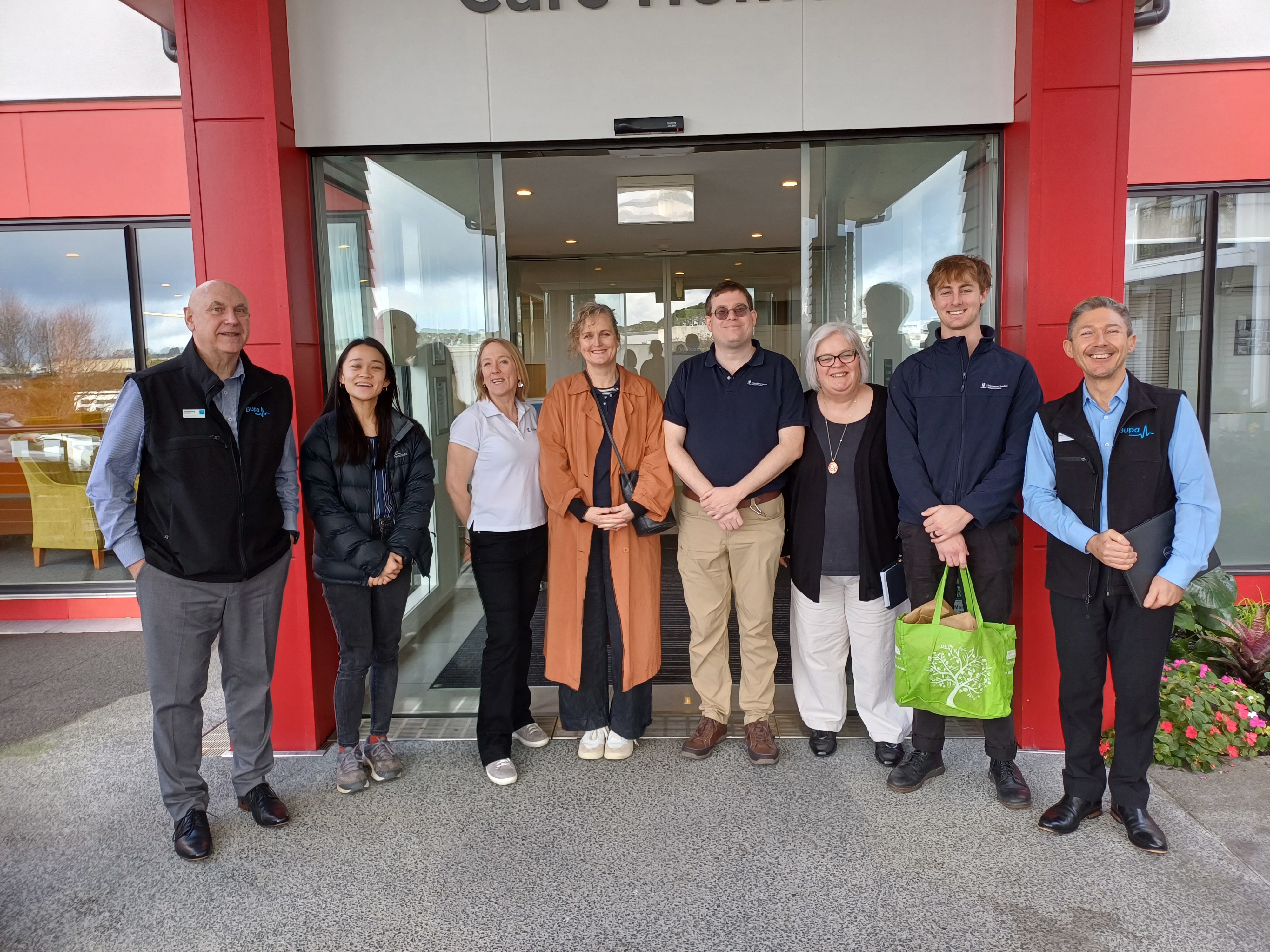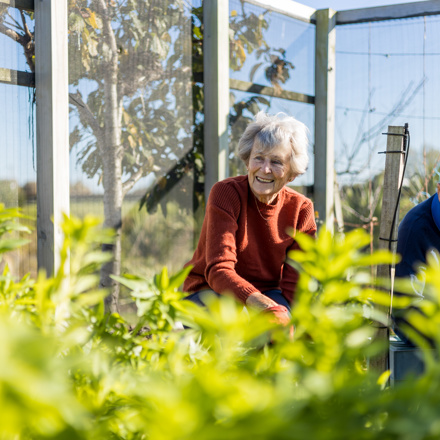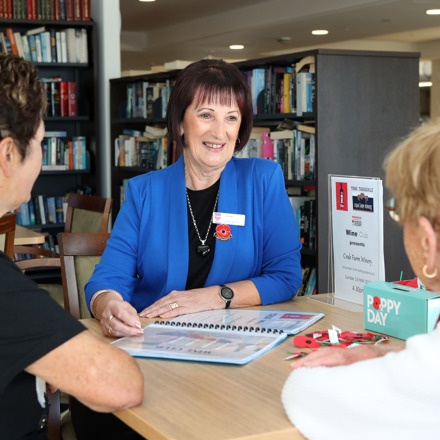
The project – funded by Bupa Aged Care and Retirement Villages New Zealand – is being delivered by Unitec | Te Pūkenga Environmental Solutions Research Centre as part of Bupa’s focus on reducing waste and achieving a global target of Net Zero Emissions by 2040.
Over six months, Te Pūkenga will audit plastic waste consumption in Bupa’s Care Homes, and pilot solutions to reduce waste long term. The project will evaluate the effectiveness of different onshore recycling and procurement solutions and next year put into place initiatives to reduce plastic use and waste.

Bupa’s Head of Corporate Affairs and Sustainability Mike Burgess says, “Our partnership with Te Pūkenga will help unlock the energy and ideas of our people to reduce, reuse and recycle, and make a real dent in our use and disposal of plastic.
“Although we’ve only just begun to analyse plastic waste from Hugh Green Care Home, we’re already looking at zero carbon aprons and masks, biodegradable wearables, and modern solutions to bandaging that removes a considerable amount of plastic material from our waste stream.
“We hope that our partnership will identify local partners to help bring a range of solutions to our entire network of homes and villages,” he says.
The Unitec | Te Pūkenga team led by Dr. Terri-Ann Berry, has an impressive track record of delivering positive change in recycling behaviours in the construction and demolition industry, ultimately diverting plastic waste from landfill through better recycling initiatives and behavioural interventions.
“Results* of a recent audit of health care sector waste found that over a third of the waste is plastic."
The Unitec | Te Pūkenga team led by Dr. Terri-Ann Berry
“Bupa Hugh Green has some high-quality plastics which could be recycled, such as PPE and its packaging. A preliminary audit has also found a large volume of waste to be soft plastic packaging, milk and detergent bottles. The bottles can easily be recycled through conventional domestic recycling. A local company that upcycles materials into new products is also taking some of Hugh Green’s soft plastic packaging to trial in their processes,” says Dr. Berry.
Dr. Berry says there is potential to challenge suppliers to consider alternative or packaging-free solutions, “By reducing reliance on the use of virgin plastic materials for packaging, when not essential, this research could help the aged care sector reduce carbon emissions and divert waste from landfill.”
On Bupa’s proactive approach to addressing plastic waste, Dr. Berry says, “There is an opportunity for all health and aged care providers – like Bupa – to really consider their waste consumption habits. Tackling waste consumption to improve environmental outcomes in New Zealand is a big task, but it is achievable.”










